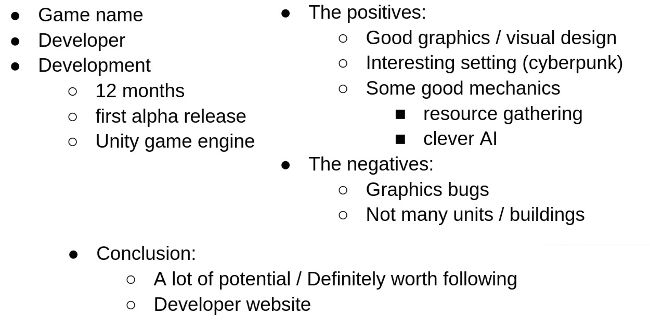Podcasting
How to become a podcasting pro
Podcasts are the modern way to get the word out about issues you care about. Michael Reed shows you how to record, edit and publish your own.
AUDACITY
Credit: www.audacityteam.org
OUR EXPERT
Michael Reed is an old-school Linux man who compiled the kernel to free up memory on his 486 PC.

If you prefer, you might like to summarise your points using the nested bullet point list in a word processor.
The internet supports a dizzying mixture of formats and platforms, but of all of them, podcasting perhaps presents the best balance of being informative, entertaining and intimate. Also in its favour, it’s a medium that you can enjoy while doing something else, such as commuting or washing up.
The format of a podcast is most commonly audio only and the subject is usually tied to a specific topic, such as gaming or travel. Many of the most successful ones come out weekly and hover between 15 minutes and an hour in length. Podcasts are extremely easy to make, once you learn the basics and get into a routine.
Podcasting preliminaries
Let’s get down to the basics of what we’re making. A podcast is an audio file that you normally distribute in the MP3 format. You make the podcast by recording it into your computer through a microphone, which gives you an audio file in WAV format. Typically, you do some editing in audio software before exporting the final product. Then you upload the finished MP3 file to a podcast broadcasting service so people can listen to it online or download it to a portable device.
Recording the audio and editing it is relatively simple. However, making a successful podcast that garners some regular listeners is a bit more tricky. First, choose an overall subject that you’d like to cover. Look for a subject that isn’t already swamped in the podcast market. Ironically, you’re more likely to have some success by choosing a niche subject. For example, when you’re just getting the subject established, a subject like ‘gaming’ is less likely to be successful than specific ‘open source Linux gaming’.
Choose something you’re an expert on and are interested in. When trying to get a listener base established, you need to be able to keep up the enthusiasm (for you and them). In addition, people want to listen to someone who knows a lot about the topic, which plays into the niche-centric nature of podcasting. Maybe you’re quite the expert on installing Linux on vintage hardware or mobile devices? Maybe you’re always on top of the latest gaming releases on Linux?
Planning – do some!
One of the easiest mistakes to make is a lack of planning. Completely rambling podcasts tend to struggle to find listeners (unless there’s a celebrity attached). When you hear a podcaster who makes it seem easy and natural, odds are they are making use of a plan that they wrote in advance.